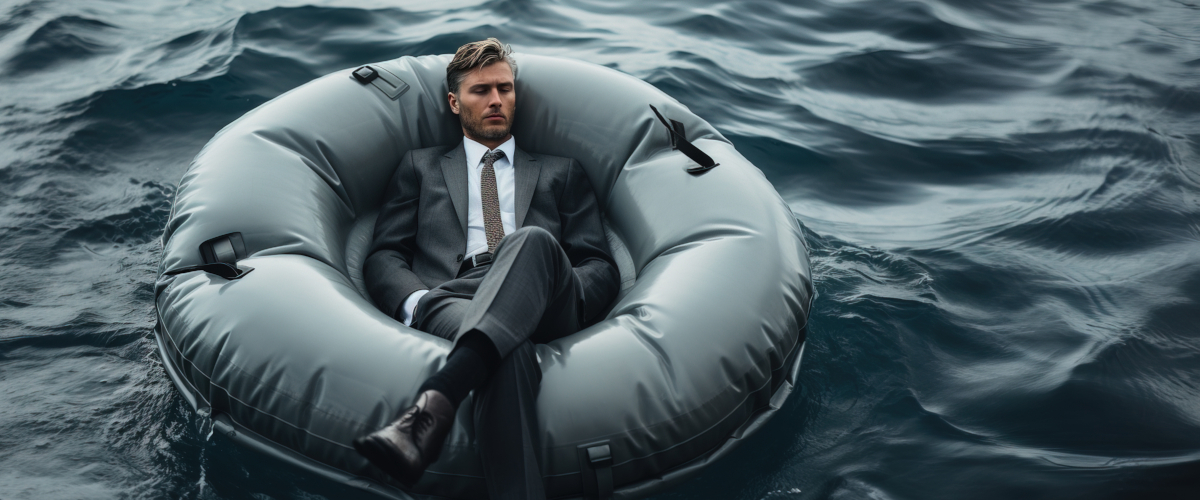“The world is so unpredictable. Things happen suddenly, unexpectedly. We want to feel we are in control of our own existence. In some ways we are, in some ways we’re not. We are ruled by the forces of chance and coincidence.” Paul Auster
While we can’t prevent disasters from happening, we can certainly mitigate their impact on our lives and livelihoods. One often overlooked aspect of emergency preparedness is insurance – a powerful tool that provides financial security and peace of mind during crises.
Natural disasters, accidents, and unforeseen events can strike at any moment, leaving devastation in their wake.
According to the National Centers for Environmental Information, in 2022 alone, the United States experienced 18 separate billion-dollar weather and climate disasters, resulting in a staggering $165 billion in damages. Yet, this only represents a fraction of the crises Americans face every day.
Fortunately, the power of insurance acts as your financial safety net, helping you recover and rebuild after a crisis. Here’s how it can provide peace of mind:
- Property Protection: Homeowners and renters insurance can cover damage to your property from events like fires, storms, or theft.
- Business Continuity: For business owners, commercial property and business interruption insurance can help keep your operation afloat during and after a disaster.
- Health and Well-Being: Health insurance ensures you can receive necessary medical care without overwhelming expenses.
- Income Replacement: Disability insurance can provide a steady income if you’re unable to work due to injury or illness.
- Life Security: Life insurance offers financial protection for your loved ones in case of your untimely demise.
To maximize the benefits of insurance during crises:
- Regularly review and update your policies.
- Understand your coverage limits and exclusions.
- Consider additional coverage for specific risks in your area.
- Keep detailed inventories of your possessions.
- Store important documents in a safe, easily accessible place.
Insurance is not just a financial product – it’s a crucial component of your overall emergency preparedness strategy. By securing the right coverage, you’re not just protecting your assets; you’re investing in your peace of mind and future resilience.





